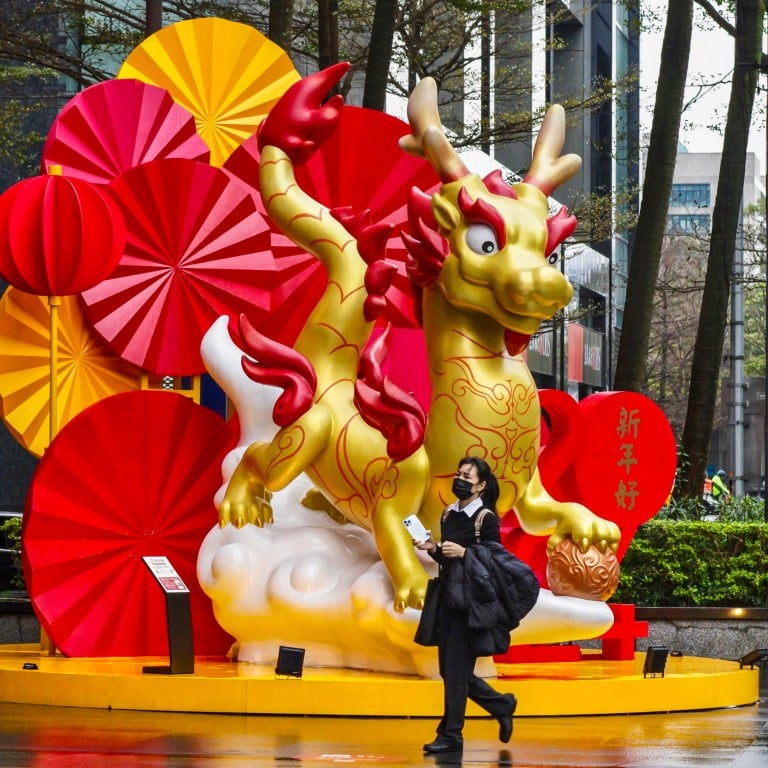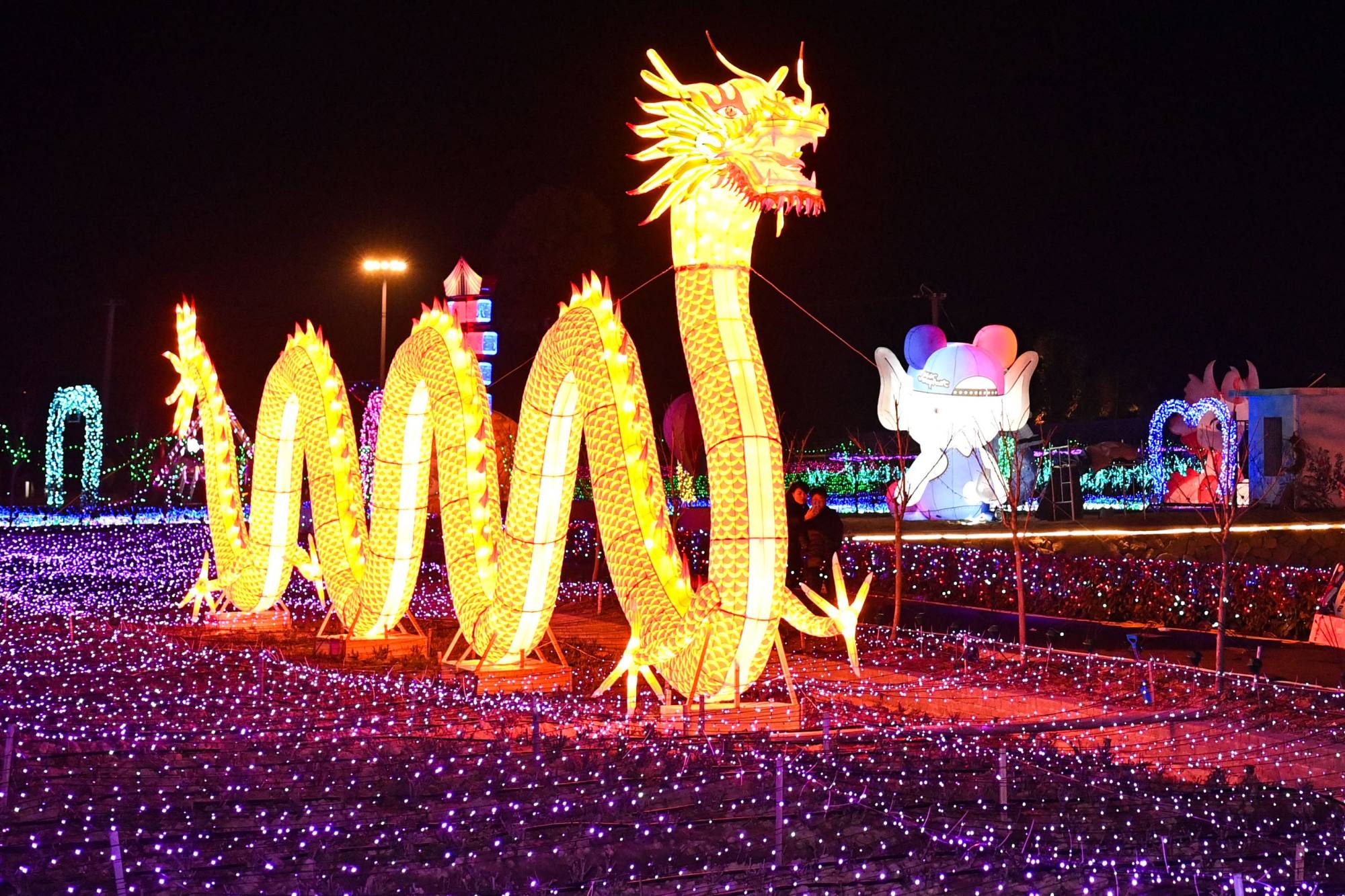
Angry Taiwanese travel operators warn of protest at presidential oath after U-turn on group tours to mainland China
- Taiwan blames Beijing’s civilian flight path change for its decision to retain group travel ban after promising rollback on March 1
- Flip-flop is slammed as ‘surprise raid’, as travel agents’ body questions legal basis and warns of protest during May 20 presidential inauguration
Taipei said in November it would lift a nearly four-year ban on travel agencies organising mainland-bound tour groups as of March 1, but changed tack last week to maintain the embargo.
Wednesday’s suspension announcement from Taiwan’s Tourism Administration surprised travel operators, many of whom had already made arrangements for tours scheduled until July and even beyond.
Ringo Lee, chairman of the Taipei-based High Quality of Travel Association, said many travel operators in Taiwan had “waited long and hard for the [mainland] business to resume, only to see their hopes dashed again”.
He said the government should have at least consulted the local operators before announcing an important decision like this.
“This was a surprise raid … and the government could have resorted to other measures in tackling unfriendly gestures from the mainland instead of using Taiwan’s consumers and travel operators as the weapon.”

Although already finalised group departures between March 1 and May 31 can still go ahead – as the renewed ban takes effect on June 1 – the flip-flop has angered local agencies.
They also said it was unfair that individual travel to the mainland was allowed to continue regardless of the purpose.
“Operators here have sold tour packages to more than 1,000 clients in line with the government policy and planning [announced late last year],” said Benjamin Pien, general manager of Phoenix Tours in Taipei.
“But with just an administrative decree, the government now decides to retain its market restriction policy. This is something hard to believe in a democratic society.”
He said such flip-flops would only make it harder for local travel agencies to survive after severe losses suffered during the Covid years.
Eric Wu, vice-chairman of the Travel Agent Association of Taiwan, questioned the legal basis for the continuation of the ban, imposed during the Covid-19 pandemic.
He said the government must offer reasonable explanations to local operators for the flip-flop or “we will not rule out staging a mass protest during the presidential inauguration on May 20”.
William Lai Ching-te of Taiwan’s ruling independence-leaning Democratic Progressive Party (DPP) will succeed President Tsai Ing-wen when her second and final four-year term ends on May 20.
Beijing, which sees Taiwan as part of China to be reunited by force if necessary, suspended official cross-strait talks and exchanges after Tsai first took office in 2016 and refused to accept the one-China principle.
Most countries – including the United States, Taipei’s informal ally and top arms supplier – do not recognise Taiwan as independent but are opposed to any attempt to forcibly change the status quo.
As cross-strait relations worsened in the Tsai years, Beijing banned solo visits to Taiwan by mainland tourists in 2019 and extended the ban to group visits after the Covid-19 pandemic broke out. In response, Taiwan also barred local travel agencies from organising group tours to the mainland in 2020.
Wang Hung-wei, a lawmaker from Taiwan’s main opposition party Kuomintang, said the DPP government had presented its election promise to lift the ban as a sign of goodwill towards the mainland.
“But now it has gone back on its word, on the reasoning that the mainland has failed to reciprocate its gesture of goodwill by changing the sensitive flight path”, she said. “This is not the proper way to handle cross-strait relations as such a measure is tantamount to punishing Taiwan’s travel agencies and consumers.”
Mainland Chinese authorities announce new steps to draw Taiwanese to Fujian
Beijing has described the route change, which came three weeks after Lai’s election, as “routine operations” in the interest of flight safety and growing regional air transport needs.
Wang Kung-yi, head of the Taiwan International Strategic Study Society, a Taipei think tank, said the suspension was clearly a retaliatory move that was likely to worsen the cross-strait situation.
“This will not only sacrifice the interests of local operators and consumers but will also widen the cross-strait impasse,” he said, adding that Beijing was expected to take further punitive measures against the DPP government before Lai took office in May.
Beijing’s Taiwan Affairs Office, which handles matters related to the island, has called Taipei’s move “politically motivated”, saying it would only cause resentment among compatriots across the strait.

